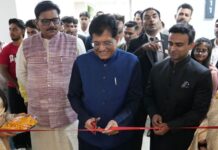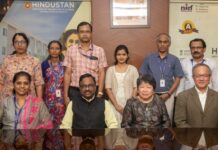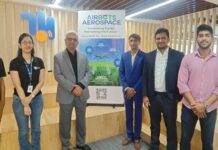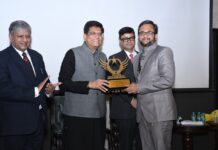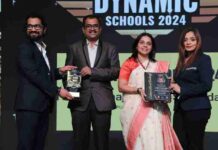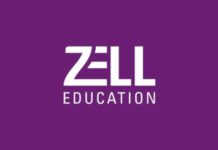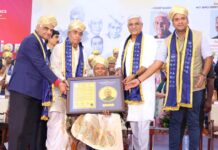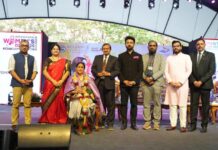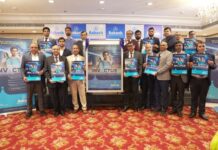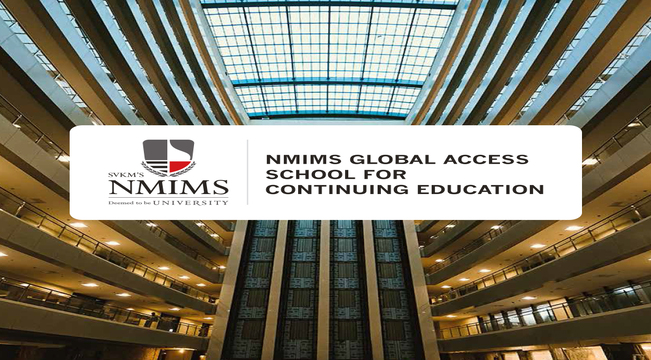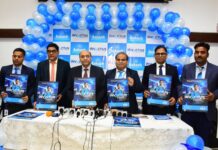Vikalp’s Experiential Learning Model Outperforms Traditional Methods, Delivering 61% Improvement in Early-Grade Math Outcomes
Delhi, April 26, 2025: A comprehensive impact assessment led by FSG has provided compelling evidence on the effectiveness of experiential learning in early-grade education. Conducted across eight Indian cities, the study assessed 134 affordable private schools (APSs), including 9 schools partnered with Vikalp India, a pioneer in hands-on, activity-based education.
The study focused on Senior Kindergarten (Sr. KG) math competencies, comparing the performance of students using Vikalp’s experiential learning tools with those in schools following conventional blackboard-based methods. Of the 134 classrooms assessed, 106 were PIPE APSs (those integrating experiential approaches like Vikalp), while 28 served as the control group using traditional teaching.
In total, the study evaluated 804 Sr. KG students, and collected feedback from 670 parents, 134 teachers, and 134 school administrators—offering a holistic view of student performance, classroom engagement, and teaching effectiveness.
The results of the FSG study clearly demonstrate that Vikalp-integrated schools significantly outperformed their traditional counterparts across all key early-grade math competencies. On average, students exposed to Vikalp’s experiential learning model scored 61% higher in overall math learning outcomes. In counting skills, such as counting 12 sticks out of 20, Vikalp students averaged 3.11 out of 6 compared to 1.68 in control schools—an 85.19% improvement. For shape recognition, students scored 4.56 versus 3.25, reflecting a 40.17% gain. In numerical comparison, Vikalp learners scored 1.56 compared to 1.07 in conventional settings, an increase of 45.38%. In abstract addition without visual aids, Vikalp students achieved a score of 1.89, significantly higher than the control group’s 1.11, marking a 70.17% improvement. These findings strongly affirm the effectiveness of Vikalp’s hands-on, concept-based approach in strengthening foundational math skills.
In each of these categories, Vikalp not only outperformed the control schools but also schools of other organizations selected by the PIPE (Program to Improve Private Early Education) program of FSG. This reinforces the strength of Vikalp’s discovery-driven, hands-on methodology in enhancing conceptual understanding at an early age.
Reflecting on the study’s findings, Dinesh Gupta, Founder and CEO of Vikalp India, said “We’ve always believed that children learn best when they can see, touch, and explore concepts for themselves. This impact study validates our conviction that experiential learning isn’t just more engaging—it’s measurably more effective. These results are a reminder that meaningful change in education is possible when we rethink how we teach.”
Adding further, Neha Choudhry, Co-founder and Chief Idea Officer at Vikalp India, emphasized: “Too often, children are expected to understand abstract concepts without being given the tools to do so. Our mission has been to change that—by turning classrooms into spaces of discovery. The findings from this assessment reinforce our vision of replacing rote learning with a model that’s built around curiosity, activity, and understanding.”
The report also pointed to broader improvements in classroom dynamics. Teachers in Vikalp-partnered schools reported greater student participation, longer attention spans, and improved concept retention. Parents observed enhanced enthusiasm for learning, and administrators acknowledged the need for wider systemic adoption of such methods to bring long-term change.
Vikalp’s inclusion in this large-scale, multi-city study reflects its commitment to data-driven educational reform. As India advances toward its National Education Policy (NEP) 2020 goals, particularly those related to foundational literacy and numeracy, the findings from this report offer a scalable, evidence-backed solution to address early learning challenges.
With clear, measurable academic gains and strong support from educators and parents, Vikalp’s experiential model presents a transformative path for improving early education—one that can be replicated across India’s diverse schooling ecosystem.



